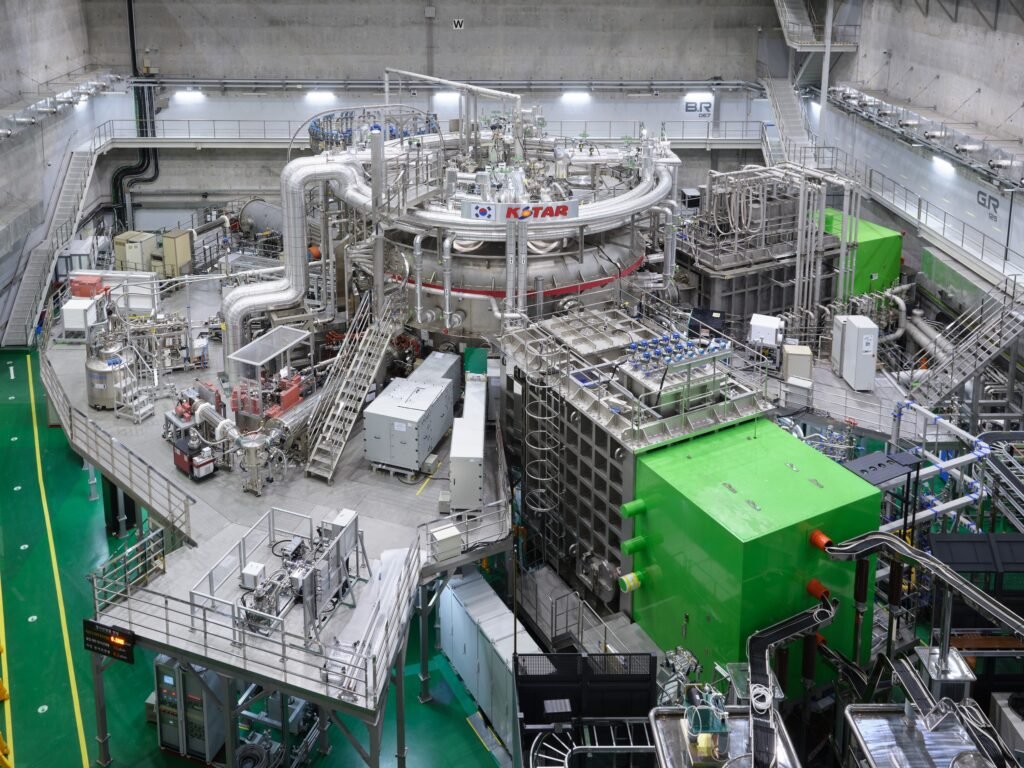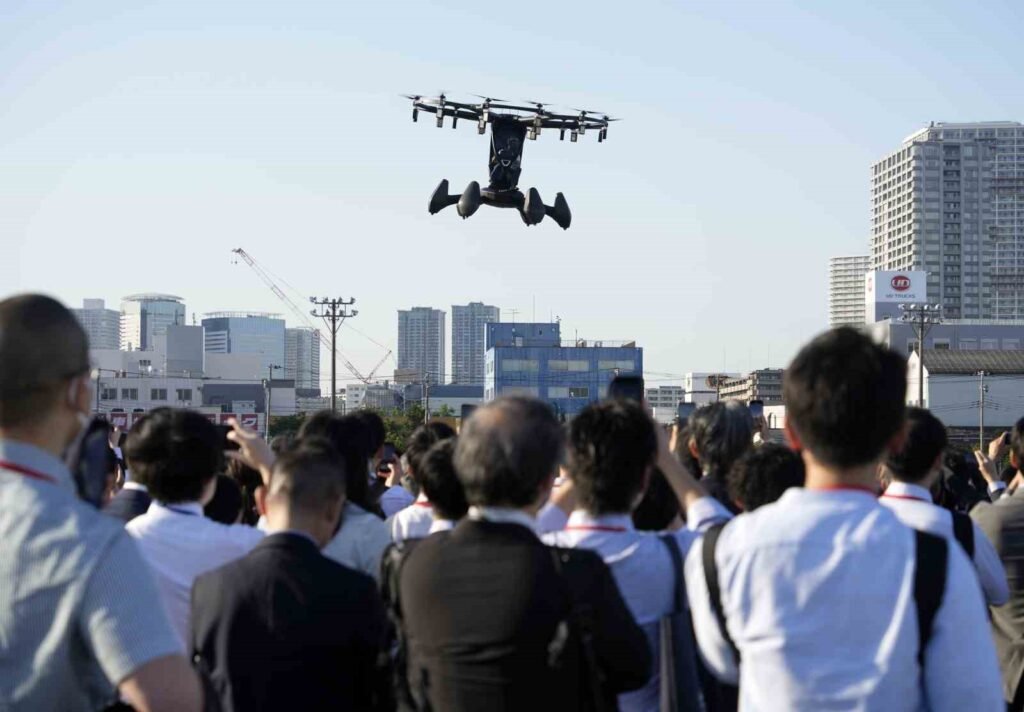The “water” risk behind artificial intelligence technologies

The increasing use of water by technology companies to cool data centers that power artificial intelligence technologies has raised concerns about the environmental impact of the era’s technology. Experts have called on technology giants to be transparent about the amount of water used.
The increasing use of water by major technology companies such as Microsoft, Google, and Meta to cool data centers that power artificial intelligence technologies has raised environmental concerns. Research has shown that the amount of water used in artificial intelligence studies will reach between 4.2 billion and 6.6 billion cubic meters by 2027. Researchers from the University of California stated in an article published in the journal Nature that freshwater scarcity is worsening, prolonged droughts are worsening, and water resources are rapidly diminishing. The researchers emphasized in the article that the current time frame is a critical slice to address the water needs of artificial intelligence models, while Microsoft’s water consumption increased by 34%, Google’s by 22%, and Meta’s by 3% in 2022, strengthening environmental concerns.
Experts highlighted the long-term effects
Some researchers have called for transparency from artificial intelligence companies about how much water is consumed in the development of different services.
Prof. Kate Crawford, who works at the USC Annenberg School for Communication and Journalism at the University of Southern California and studies the societal impacts of artificial intelligence, said that it is not possible to monitor the real environmental impacts of artificial intelligence models without more transparency. Crawford, stating that “we are already in a time when deep and long-term droughts are occurring in many parts of the planet, and clean drinking water is already scarce,” said, “In these days when we are facing the climate crisis, we do not want blindly using productive artificial intelligence tools without knowing their real effects.”







